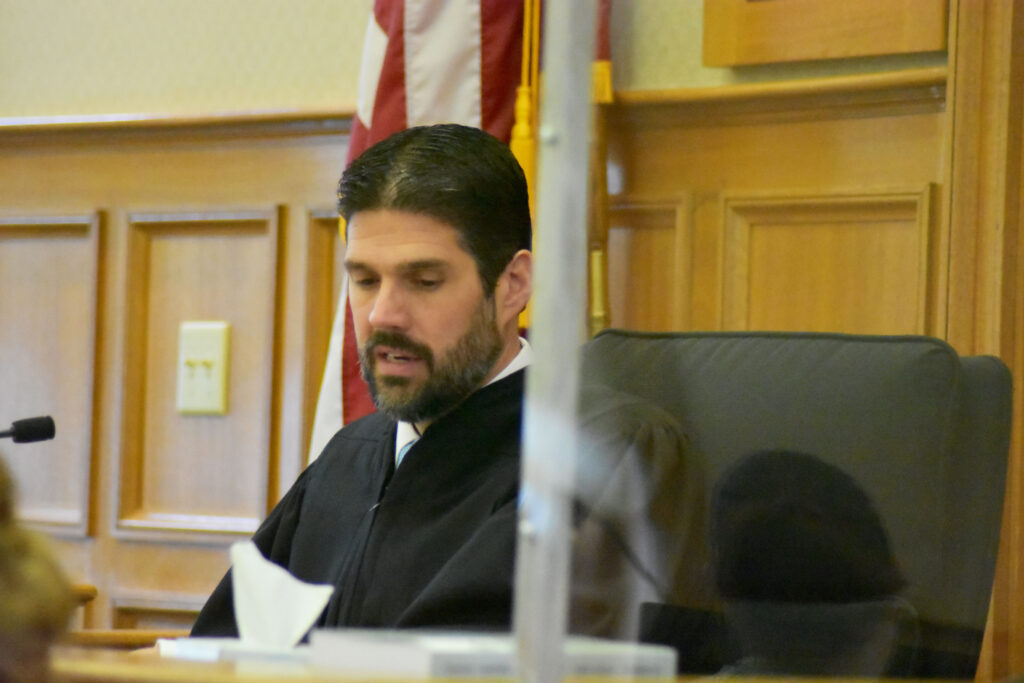
The Maine Supreme Judicial Court upheld convicted killer Bobby Nightingale’s life sentences in the 2019 slayings of two Castle Hill men.
The Presque Isle man was convicted of murdering Allen Curtis and Roger Ellis who were fatally shot at close range while sitting in a vehicle, according to the state medical examiner.
Last December Superior Court Justice Stephen Nelson sentenced Nightingale, 42, to two life sentences after a jury of four men and eight women convicted him on two counts of murder. Additionally, in a bench trial, he was convicted of two counts of illegal possession of a firearm and criminal threatening with a dangerous weapon.
The men’s bodies were found in Ellis’ 2007 red Silverado pickup truck on the State Road in Castle Hill shortly after midnight on Aug. 13, 2019. The men were shot at close range execution-style, Nelson said.
The senseless cruelty of the murders and Nightingale’s criminal history, including significant time in prison, charges of burglary, theft, firearm possession by a felon, assault, attempted aggravated assault and reckless conduct with a weapon, substantially outweighed the lack of mitigating factors, Nelson said.

Nightingale appealed Nelson’s decisions and the Supreme Court heard oral arguments on the matter in September. They issued a written decision, affirming the lower court, in November.
On appeal, Nightingale argued that the trial court erred in denying his motion for a mistrial after the prosecutor referenced the jurors’ significant civic duty to serve as jurors, improperly told the jury that it must find Nightingale guilty, and improperly told the jury that Nightingale’s evidence was not believable.
The Supreme Court did not agree, saying that it is within the prosecutor’s right to challenge the defendant’s evidence.
He also claimed that the court erred in giving the jury an instruction on accomplice liability because the evidence did not generate the instruction; that the court abused its discretion by not allowing Nightingale to question a detective regarding the detective’s hearing multiple calls between Nightingale and his attorney while Nightingale was in jail; and in sentencing Nightingale, the court erred by not considering other sentences for similar offenses in the first step of the sentencing analysis.
The Supreme Court said that in his appeal, Nightingale does not point to any prejudice associated with the accomplice liability instruction.
“Instead, he asks us to presume prejudice. We decline to do so,” the justices said in the written decision.
In the detailed written decision, the Supreme Court illustrated how Nightingale’s arguments were not valid and found that the court did not err or abuse its discretion in setting the basic sentence.
Nightingale is currently serving his life sentence in the Maine State Prison.







